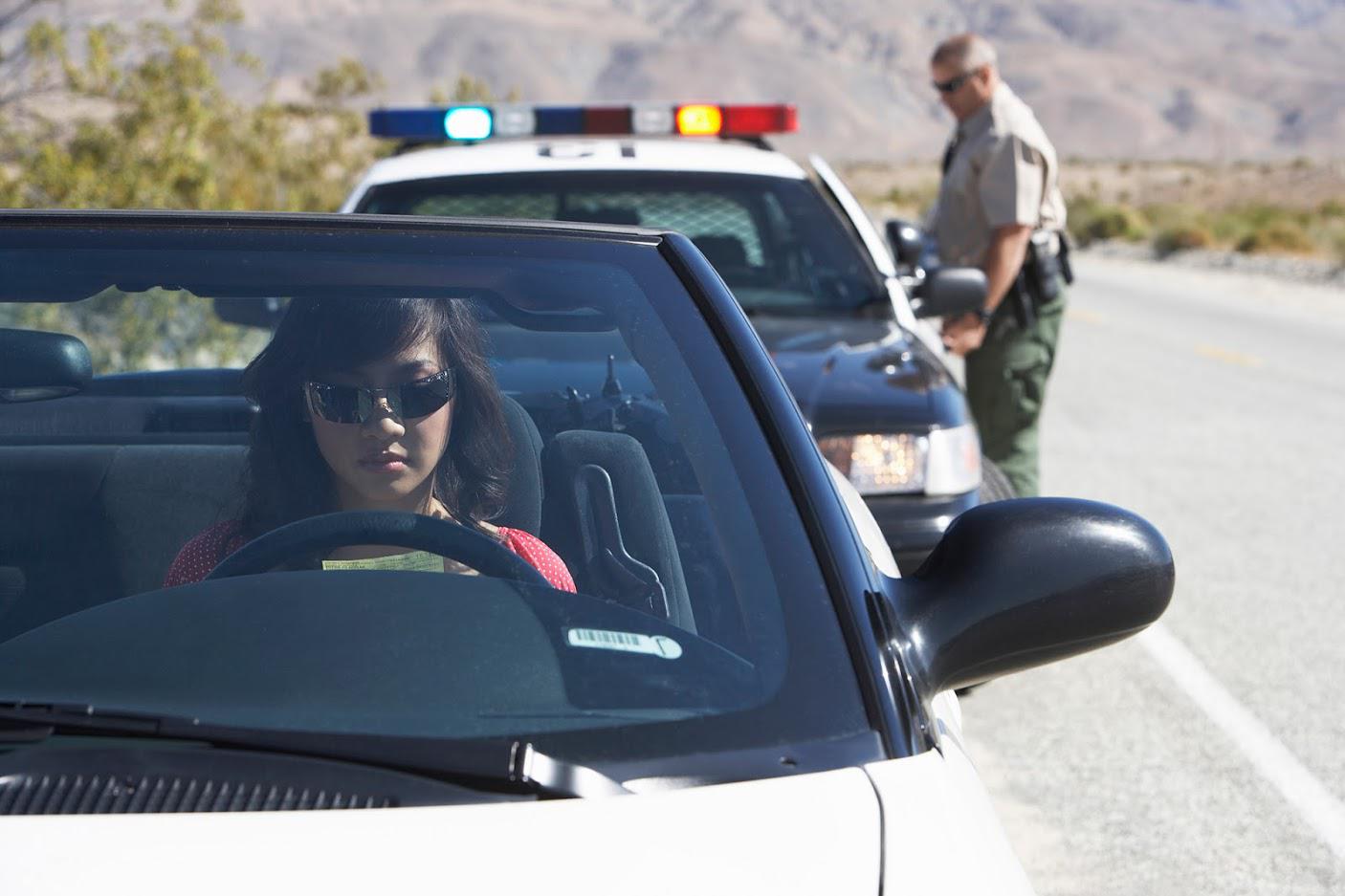Ticket-Related License Suspensions: What You Should Know

Unpaid traffic tickets, an accumulation of points from several violations, and tickets for certain high-risk violations could cause a suspended or a revoked license. Suspensions can involve added charges and additional legal trouble if drivers operate after their suspension.
All drivers should understand the risks and know where to go for help for different causes of suspension.
Suspensions from Unpaid Tickets
The Department of Motor Vehicles (DMV) in any state in the U.S. can suspend the license of any driver who chooses not to pay the fee for a traffic violation. A speeding ticket received during a visit to another state may seem too minor to worry about once back home, but the Driver License Compact makes ignoring it impossible.
Only the states of Georgia, Wisconsin, Tennessee, and Massachusetts do not take part in the compact. The agreement ensures that all participating states receives a notification when a ticket for a traffic violation goes out to a driver from their state. Drivers must respond to all charges because they cannot hide from driving infractions that occur away from their homes.
Any licensed drivers in North Carolina with an unpaid ticket in another state can contact their Department of Motor Vehicles (DMV) for a copy of their driving report. The report will show any violations, unpaid tickets, and any suspension. The driver can contact the state where the violation took place to learn about the cost of the ticket and any other fines.
Some states allow drivers to complete driver’s safety courses to lower their fines. If the tickets were from other states, you may be able to satisfy this requirement online. Drivers can also contest any traffic tickets received in North Carolina or elsewhere. An attorney can help with this type of legal issue, but they must be able to practice in the state where the incident occurred.
Suspensions for Traffic Violations
Certain driving violations can cause immediate suspension of driving privileges for a year or more in North Carolina. Combinations of certain violations — for example, speeding and reckless driving — or multiple violations within a certain timeframe can also lead to a suspension.
Drivers with a provisional license also face suspension if they receive tickets for more than one traffic violation in a year. Provisional drivers are newly licensed drivers under the age of 18. Two convictions in a year result in a 30-day suspension with the punishment increasing with any additional convictions. Even if you don’t have an actual license it can still be suspended or revoked.
Violations that can result in a suspension for all drivers include driving 15 MPH or more over the posted speed limit, racing other vehicles, or not stopping and giving assistance after being involved in an accident. Excessive speeding could lead to a 30-day suspension, but racing could result in a three-year loss of license.
Drivers have the right to attend a hearing and contest any traffic ticket they receive. An administrative hearing can also take place if the violations have already resulted in a suspended license. The potential outcome could include lower fines, a shorter suspension time, or the removal of the suspension.
Drivers may want to talk to an attorney before they request a hearing, or they may contact a law office for advice before their court date. A lawyer can ensure the tickets were fair and administered correctly. A lawyer can also assist with negotiations to reduce penalties and potentially reduce the points on their client’s license.
A suspended license takes away the independence and freedom of the driver. Those with a suspended license should not take legal advice from employees of DMV, only attorneys. People caught driving after their suspension could face more fines and a longer loss of driving privileges. Some even lose their license permanently through revocation. At Carl L. Britt Jr. Attorney at Law, we will review your case and do all we can to help. Call today for a consultation.
